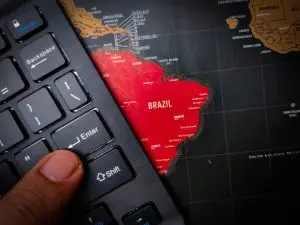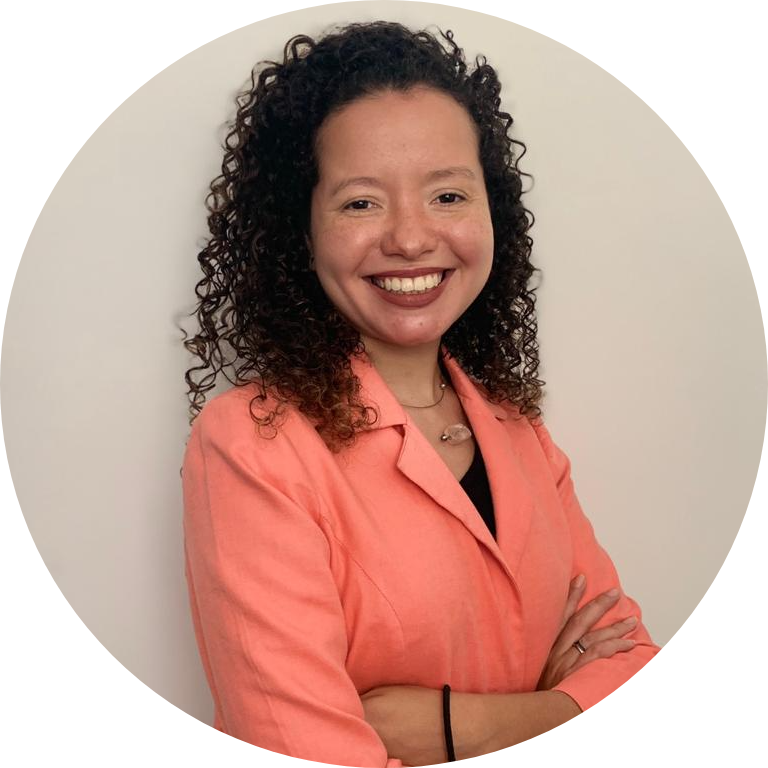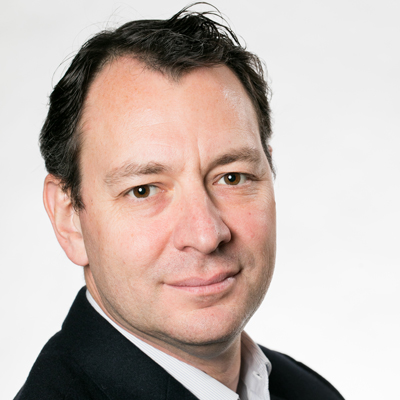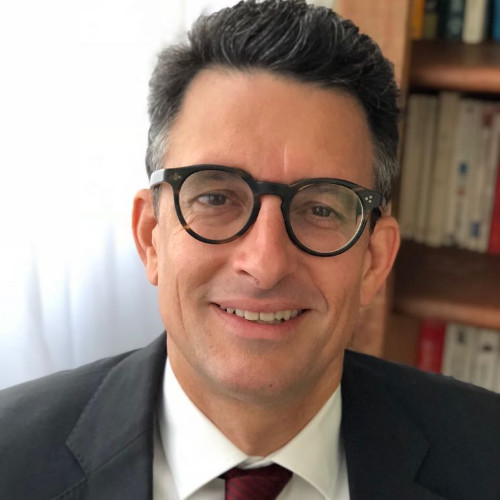Photo provided by freepik.com
1 – The context
On 12/19/2023, the credit rating agency S&P upgraded Brazil's sovereign debt rating to BB. This is the first improvement in the rating in 12 years. This rating is an effect of the indirect tax reform in Brazil, enacted on 12/20/2023, which modifies the bases of Brazilian taxation to simplify it (Constitutional Amendment No. 132).
This reform is a true revolution because it directly affects the traditional powers of the federated states and municipalities. This reform has been desired for decades, but has not moved forward due to many political obstacles.
But what was the deal exactly?
In Europe, an indirect tribute corresponds to an imposto of an aggregated value (IVA), a unique and unified system, no Brazil has an indirect tribute that is diversified in various levels: (i) different agreements with economic activities and (ii) different responsible public statements. As such, these service activities have become a liability for our services, which are responsible for municipalities, and as commercial and industrial activities have become a liability for the circulation of goods, which are responsible for the states. All activities also become contributors to federal social contributions (PIS/Cofins), even if they receive other special contributions.
This system is diversified and difficult to manage the payment of its economic tributaries, the permanent guerra tributaria of local authorities (states of federations and municipalities), the opacity of mechanisms and abundant judicialization of tributary issues.
This indirect taxation plays an important role in the famous “Brazil cost” (production costs linked to the country’s specific conditions), which include inadequate infrastructure, the judicialization of employment, low qualification of the workforce, the cost of financing, legal uncertainty and, above all, complex indirect taxation.
According to studies carried out by MBC (Movimento Brasil Competitivo) together with the Ministry of Development, Industry, Commerce and Services (MDICS), the cost for Brazil would represent around 340 billion dollars per year, or 22% of Brazil's GDP.
In its report “Competitiveness in Brazil 2019-2020”, the National Confederation of Industries (CNI) highlights improvements in bureaucracy, labor relations, innovation, technology and competition. However, it reminds us that capital costs (financing costs) and costs related to tax complexity persist.
According to the World Bank, Brazilian companies spend more than 1,500 hours per year dealing with their tax issues, which is more than 6 times the world average. One in every 200 Brazilian employees is dedicated to accounting issues, while in the United States and Europe it is 1 in 1,000 and 1 in 500, respectively.
Brazil's tax burden is 33% of GDP, which is roughly in line with the average for developed OECD countries, but it does not provide public services at the same level as those countries.
In January 2023, the National Confederation of Industries (CNI) presented 14 proposals to improve production and growth. Among these proposals, the “modernization of indirect taxation” appears first.
The tax reform that has just been enacted should limit the tax war that local authorities are struggling to attract companies and investors. By harmonizing and simplifying the system, the reform will also provide greater legal certainty and transparency. This new tax regime will also reduce la pression fiscale sur les exportations, since taxes will be paid on consumption, they will not be paid on export.
Simplifying the system will reduce the time companies spend calculating and paying their taxes, freeing up additional time for wealth creation. Bernard Appy, who was appointed by the federal government to lead the tax reform, believes it should boost growth by 12% to 20% over the next 15 years. According to the president of the Central Bank of Brazil, Roberto Campos Neto, growth should be 1.5% in the first year of implementation of the reform.
Finally, this reform is modern, introducing a selective VAT that makes it possible to reduce social inequalities, thanks also to “cashback”, a system through which the poorest consumers are reimbursed for the VAT they paid; and to combat polluting and anti-social activities, thanks to selective taxation.
2 – The reform
2.1 – A constitutional reform
The reform that was adopted on 12/20/2023 is a reform of the 1988 Brazilian Federal Constitution, as it determines the tax jurisdiction of the country's various local authorities (Union, states, municipalities). In order to unify indirect taxation, it was therefore necessary to amend the Federal Constitution.
The challenge was therefore considerable because, in addition to the political obstacles to the reform, coming from governors, mayors and the various political convictions, it was necessary to obtain a qualified majority of 3/5 of the members of the House of Representatives and the Senate. After three decades of waiting, this majority was obtained and the reform was voted on and enacted on 20.12. 2023.
What does it change?
2.2 – Brazilian VAT
To replace indirect taxes, two VATs were created, one federal (Contribution on Goods and Services - CBS) and one decentralized (Tax on Goods and Services - IBS). Both VATs will operate identically with the same mechanisms and will be regulated by the same law. Only the recipient and the applicable rate will be different.
The reform already provides for reduced rates for certain activities, such as education and health.
A “cashback” is planned, allowing the poorest populations to be reimbursed for the VAT paid. This is a completely innovative system of social redistribution, since VAT has always been understood as an unfair tax that applies equally to all social classes.
2.3 – Selective tax
A selective tax – IS was created with the aim of taxing goods and services that are harmful to health and the environment. These goods and services will be listed by law. This tax is the responsibility of the Union.
2.4 – The transition period
The major turnaround created by this ambitious reform requires a transition period. This period is divided into several stages: the issuance of laws and regulations in 2024 and 2025; the application of new taxes in 2026, with a significantly reduced rate initially, and the beginning of the reduction of old taxes; the end of the period in 2033, when the new regime comes into full effect.
3 – Conclusion
Brazil is a very fragmented democracy. It is above all a federal country with powerful states and municipalities. There are also more than 20 political parties represented in Congress, none of which can claim voting discipline. Each member of each party thinks and votes as he or she wishes. We are far from parties that operate as a bloc, as in Europe. The debate in France about the lack of an absolute majority of the current government would make Brazilians smile!
However, Brazilians have just adopted an ambitious constitutional reform that turns fiscal power upside down. A reform that required the favorable vote of 3/5 of the House of Representatives and 3/5 of the Senate.
After the major reform of labor law in 2017; immigration law in 2017; the Economic Freedom Act in 2019, the establishment of the legal basis for startups in 2021; the major sanitation reform in 2020 and, now, this revolutionary reform of its indirect taxation, Brazil is demonstrating its capacity to become increasingly modern, with profound reforms even within the framework of one of the most flexible, atomized and least authoritarian democracies in the world.
The indirect tax reform voted on at the end of December 2023 is not only bold in the transformation it initiates, but is also very modern in offering an example of social VAT, with emphasis on the very innovative “cashback” system, and pro-environmental taxation.













